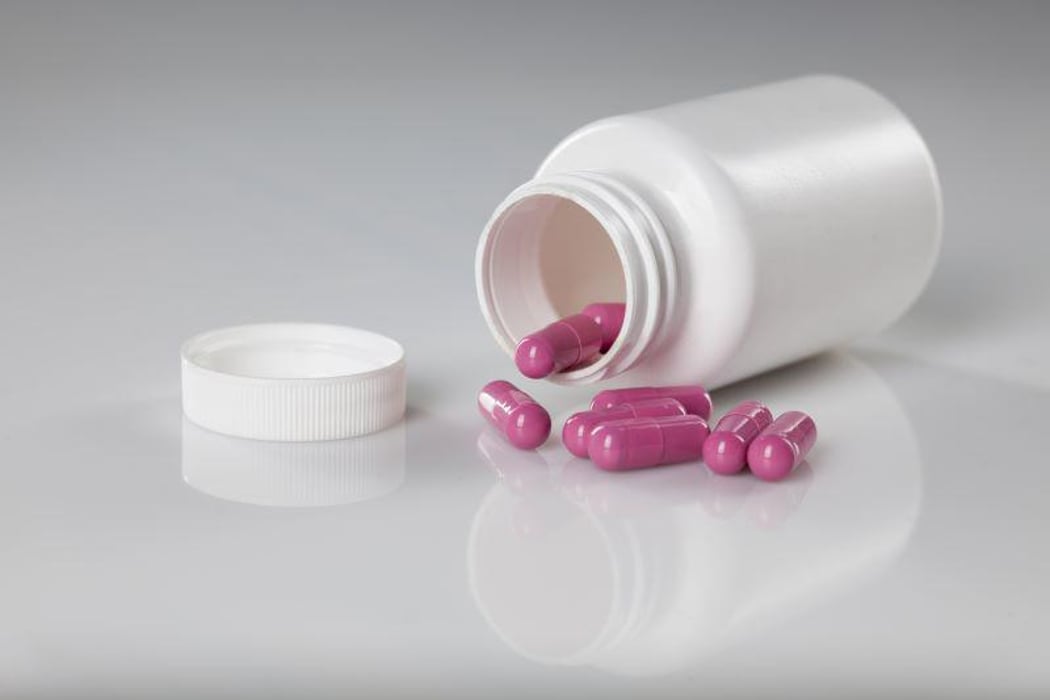FDA Warns of Rising Dangers of Unapproved Drug Tianeptine

WEDNESDAY, Feb. 23, 2022 (HealthDay News) -- The U.S. Food and Drug Administration has issued another pointed warning about the dangers posed by tianeptine, an antidepressant that is not approved for any type of medical treatment in the United States.
Topping the list of possible risks from taking the drug: accidental poisoning and addiction. In the midst of an ongoing opioid epidemic, Americans have increasingly been seeking out tianeptine as a readily accessible -- if illegal -- opioid alternative, according to the FDA Center for Drug Evaluation and Research.
"In the U.S., reports of bad reactions and unwanted effects involving tianeptine are increasing," the FDA stated in its latest warning. "Poison control center cases involving tianeptine exposure have increased nationwide, from 11 total cases between 2000 and 2013 to 151 cases in 2020 alone." Poisoning can manifest as confusion, sweating, a fast heartbeat, blood pressure spikes, nausea, vomiting, agitation, and/or sleepiness. It can also prompt a notable slow-down in breathing, and sometimes it can trigger a total shutdown of the respiratory system, leading to coma or death.
According to a 2019 analysis conducted by the U.S. Drug Enforcement Administration (DEA), those products include counterfeit pills that mimic the appearance of hydrocodone and oxycodone. Tianeptine can also be obtained online in bulk powder form. Though it is often marketed online under the names "Coaxil" or "Stablon," the FDA notes that the drug is also sold -- sometimes in gas stations or convenience stores -- under a wide array of cute and catchy names, including "Tianna," "Tianna Green," "Tianna Red," and "Tianna White."
The latest FDA warning appears to reflect a growing concern that the use of tianeptine is becoming increasingly widespread. The DEA conducted a review of National Poison Data System data collected between 2000 and 2017. That review showed "a rapid and marked increase in tianeptine-related [poisoning] calls during this time period." The study specifically noted that while the drug was implicated in just five poisoning calls back in 2014, that figure rose to 38 in 2015, 83 by 2016, and 81 by 2017. And most of those calls involved relatively young people, between the ages of 21 and 40 years.
Related Posts
Cognitive Behavioral Therapy Aids Outcomes One Year After Bariatric Surgery
FRIDAY, Aug. 4, 2023 (HealthDay News) -- Telephone-based cognitive behavioral...
Diets That Lower Brain Iron Could Keep You Sharp
MONDAY, Sept. 13, 2021 (HealthDay News) -- Older adults who regularly eat foods...
Germs Love Two Skin ‘Hot Spots’ on Your Body
MONDAY, Oct. 2, 2023 (HealthDay News) -- Grandma knew it all along: Certain...
